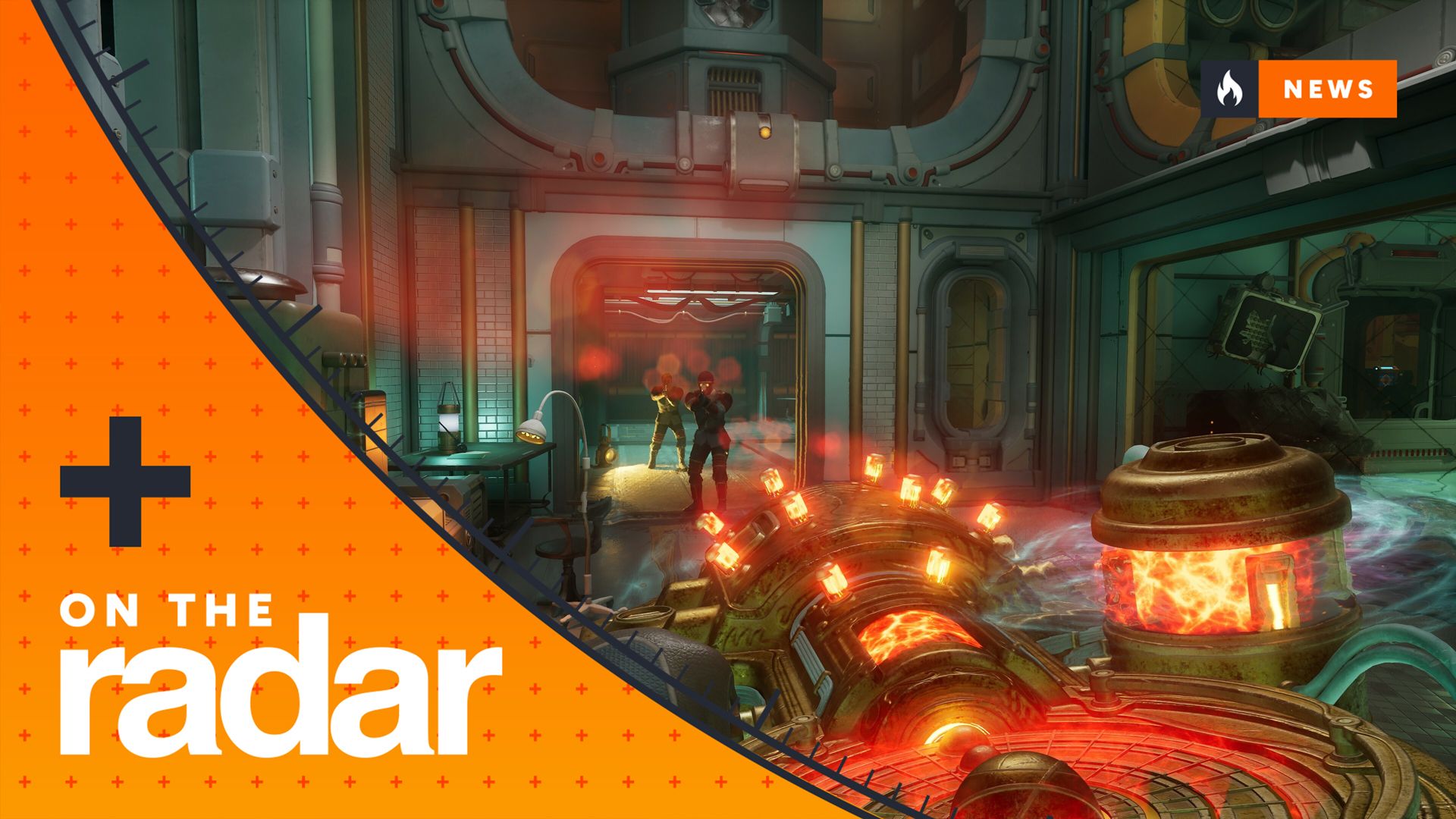Copyright GamesRadar+

The Outer Worlds 2 doesn't let you respec your character skills, and its game director says that's because he wouldn't let you change your story choices either. The Outer Worlds 2 is a game of choice and consequence. Developer Obsidian Entertainment puts a lot of big decisions in front of you from the outset, some of which reverberate throughout the entirety of this sprawling RPG. That's particularly true of character creation, where you're asked to align a Trait (not to mention an opening salvo of Skills and Perks) before you've even had a chance to figure out which way is up. Beyond a brief opportunity following the initial prologue, there is no way to respec in The Outer Worlds 2 – your Skills and Perks are set once the story gets going. So no matter how many Bits you have in your pocket, you're always stuck with the decisions that you make. This is a bit of a philosophy shift versus other recent Obsidian RPGs like Avowed (and even the original The Outer Worlds) so I was keen to better understand why Obsidian made this design decision. Speaking with game director Brandon Adler, he tells me that this restriction speaks to the heart of what Obsidian wanted to achieve with The Outer Worlds 2. "It's important to me, personally, that in an RPG your choices always matter. And in the same way that I wouldn't let you respec your story, I won't let you respec what role you're playing," he says. "Because that's your character, and you're always building on top of that foundation." In The Outer Worlds 2, Perks can impact everything from incidental dialogue choices to major moments in the story; Skills meanwhile can actively govern how you move through the world, approach encounters, and access content. If you ever start to feel a little FOMO while playing, Adler says there's an easy antidote. "If you ever find yourself saying, man, I wish I could go and do more of this, well then you should just start doing that. The next time you level up your character, start building towards that direction – there's nothing stopping you from building the sort of character that you want!" "And just to be clear, no character is perfect," he adds. "That's what makes role-playing so great. It's also why we have the Flaw system. You can build into imperfections, lean into some of those quirks and fun things. As long as players are having fun overall, I think that's what actually matters the most. And for me, personally, I just think that making these sorts of choices matter in an RPG only amps up the fun, amps up the stakes, and makes it feel even better."



